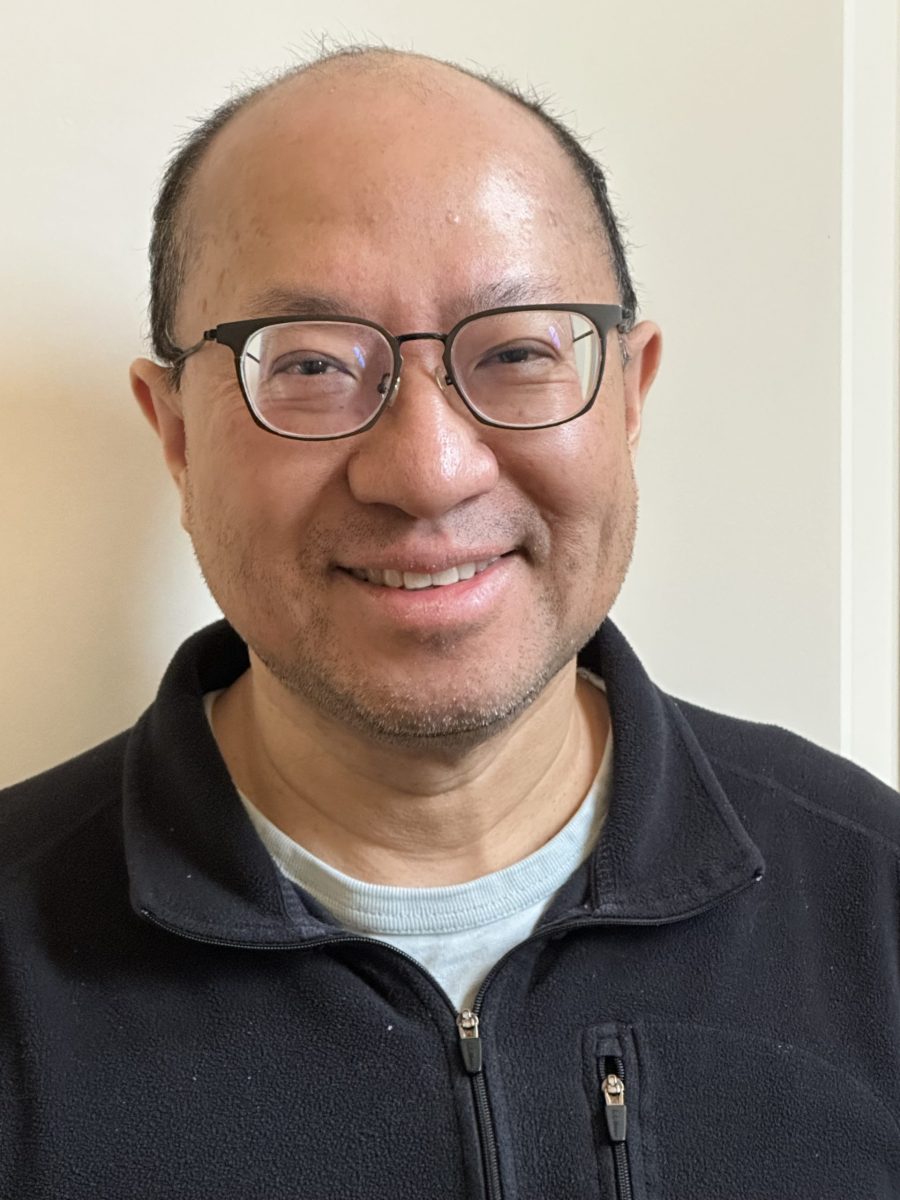
Ethan Lee, M.D., Ph.D.
Professor of Cell and Developmental Biology
Professor of Pharmacology
My laboratory is interested in understanding the basic mechanism by which a Wnt signal is propagated and how this information can be used in regenerative medicine and in the treatment of cancer.
Lab Website
Research Description
Background
The Wnt pathway is an evolutionarily conserved signaling pathway present in all metazoans. During development, Wnt signaling coordinate the formation of tissues, organs, and limbs, and its misregulation leads to a variety of human disease states such Alzheimeri??s disease and cancer. My laboratory is interested in understanding the basic mechanism by which a Wnt signal is propagated and how this information can be used in regenerative medicine and in the treatment of cancer.
Experimental Approaches
A major experimental approach in my laboratory involves the use of Xenopus extracts and purified proteins to biochemically reconstitute Wnt signaling in vitro. Genome-scale screens, cultured mammalian cells, Xenopus embryos, Drosophila genetics (in collaboration with Dr. Laura Lee), and mouse studies are employed to compliment and extend our biochemical findings.
Mechanism of WNT Signal Transduction
One of the major mysteries of this pathway is how a Wnt signal is propagated from the cell surface. My laboratory has recently developed an in vitro system to study the mechanism of Wnt signal transduction from the plasma membrane. Towards this end, we have focused on understanding the mechanism of signaling from the coreceptor, LRP6, and the potential role of the membrane associated heterotrimeric G protein family members in Wnt signal transduction. Many components of the Wnt pathway are regulated by ubiquitin-mediated proteolysis. Recently, we have taken a genome-scale screen to identify deubiquitinating enzyme (DUBs) and ubiquitin ligases (E3s) that regulate the Wnt pathway. Several i??hitsi?? have been identified from these screens, and current efforts are directed towards validating their roles in Wnt signaling.
Regenerative Medicine and Cancer
In regenerative medicine, the healing process is manipulated to repair damaged tissues. Modern regenerative medicine is a field in which stem cells are manipulated to treat a variety of human diseases. Wnt signaling is one of a handful of molecular pathways critical to stem cells. Thus, agents that target Wnt signaling would be potentially useful for the treatment of cardiovascular disease, diabetes, neurodegeneration, and other disorders that may benefit from regenerative medicine.
Cancer stem cells (CSC) are fundamental to the initiation and maintenance of tumors. Failure to eradicate CSC (as is typical with conventional therapy) leaves behind a small reservoir of cells that drives relapse. Wnt inhibitors would be expected to specifically target this resistant CSC population. Using our Xenopus biochemical system, we have found several compounds that potently inhibit the Wnt pathway. One of these, VU-WS30, inhibits the viability of a variety of cancer cell lines that are highly dependent on Wnt signaling for growth and proliferation. Current efforts are directed towards identifying the molecular targets of VU-WS30 and other Wnt inhibitors identified in our screen.
Postdoctoral Positions Available
Yes, individuals with protein purification, cell biology, or development background are encouraged to apply.